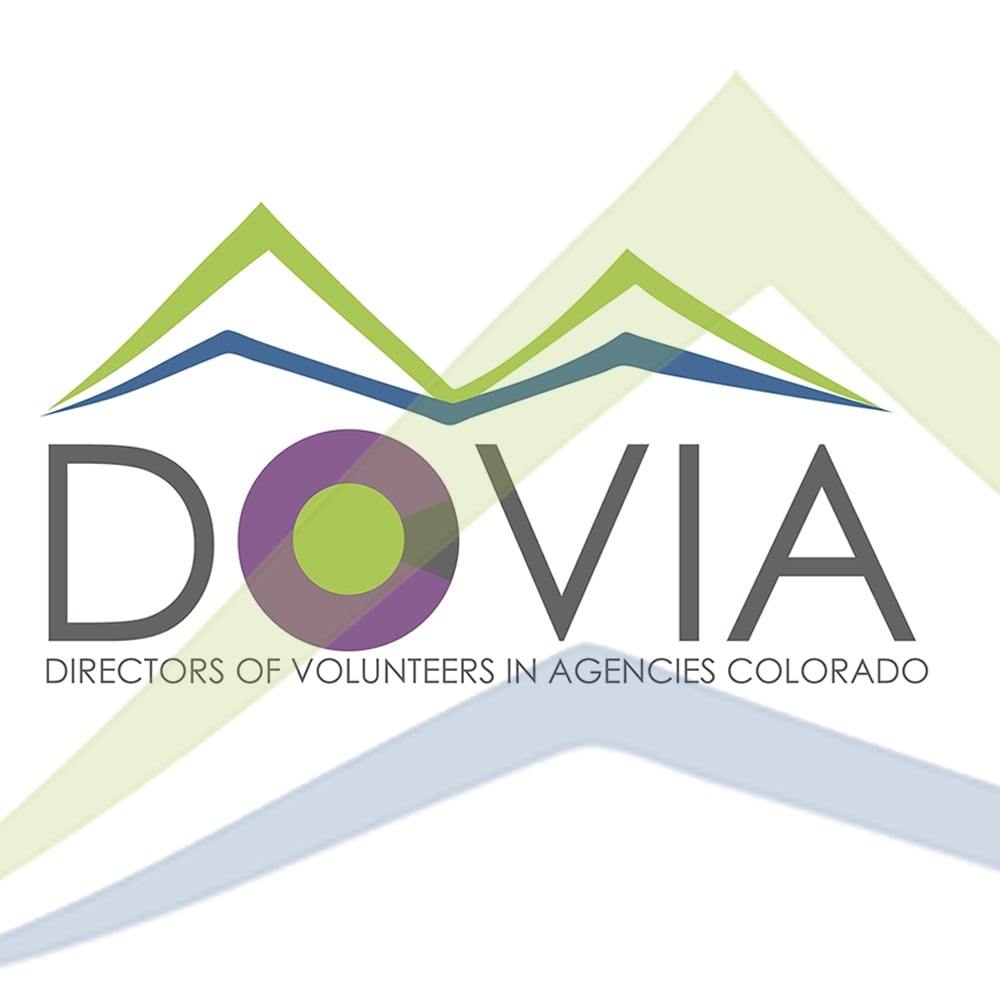Exiting Volunteers The Right Way
Volunteering New Zealand is the New Zealand peak body for volunteers and volunteering. With a wide-ranging membership of national organisations, it...
2 min read
 Laurie Gillman, DOVIA Colorado Board Member
Apr 3, 2024 11:14:00 AM
Laurie Gillman, DOVIA Colorado Board Member
Apr 3, 2024 11:14:00 AM

I used to mail a card to my volunteers with a handwritten message inside. The outer design was drawn by one of my coworkers and featured several brightly colored earthworms in cheerful rainbow hues holding balloons. “Teamwork makes the dream work,” the card read. Actually, “team worm makes the dream worm” is what the text said, even though this colleague claimed to hate puns. I smile every time I see it and am confident the volunteers did as well.
“We’re stronger together.”
“Many hands make light work.”
“Alone we can do so little, together we can do so much.”
“Team worm makes the dream worm.”
Maybe you have shared platitudes like these with your volunteers as well. In the hectic modern world, for a volunteer to want to give their precious leisure time to your cause, they must believe that they are an important puzzle piece of the larger picture. These are valuable and motivating sentiments. But lately, I’ve been reflecting on taking these mantras about the value of collaboration and applying them not just to individual volunteers, but to our roles as a volunteer administrator.
There is incredible power in collaboration, with results that fall into three categories:
Let’s evaluate the advantages for the organization first.
For me one of the greatest professional shifts happened when I stopped thinking of other volunteer managers as competitors, but rather as counterparts and resources. How much better could you serve your organization, your volunteers, and your cause if instead of wasting hours with a thorny problem rattling around in your head, you leaned on your network and could pick up the phone to ask a peer for their thoughts? Many nonprofits work in niche fields and being able to pool knowledge, experience, and resources create better time management and capacity across both teams. And if it were to extend to a more formal partnership you and your collaborator may be able to split tasks and work even more efficiently.
Another considerable plus for your organization is the new ideas and fresh programming options that are often inspired by collaboration. Being able to see the creativity of peers can be a stepping-stone for innovation within your own structure. Knowing what has or hasn’t worked for other volunteer programs will help you strengthen your own proposals and create new ideas for utilizing volunteers in your organization. Finally, consider from a financial perspective how grants and other funding proposals may be strengthened by demonstrating partnership. Collaborating with other volunteer managers brings their funders and connections to the table, and in some cases may lend prestige to a proposal or initiative.
The power of collaboration can also provide significant benefits to your volunteers. Partnering with other companies and non-profits can build the resource pool of what you are able to offer your volunteers. For many volunteers, professional development is a motivating force behind volunteering that you could strengthen for them through shared trainings. Many volunteer managers can build reciprocal programs. Where I live, many organizations within our Scientific and Cultural Facilities District celebrate volunteer appreciation by allowing volunteers to reciprocal access to zoos, museums, art galleries and more across the city throughout the national appreciation week. The volunteers consider this a valuable perk, and it creates exposure in return for each volunteer program. Volunteers are ambassadors in the community, and often advocate for the organizations they serve. Organizations that are collaborating may have the benefits of volunteers from both companies spreading the word about their mission, and the volunteers in turn can feel that their time has made a greater impact.
Lastly, the power of collaboration holds significant benefits for the volunteer manager as an individual. Research shows that people working together report lower fatigue and burnout levels and higher engagement with their tasks. Simply feeling like someone is listening to your ideas can be a first step towards better mental health in the workplace.
Not sure where to get started? First, see if there is a volunteer network or alliance in your state or region. These groups may provide networking opportunities, educational sessions, and platforms for creating connections. Ask your volunteers what other organizations they volunteer with to find commonalities. Research organizations that share similar missions to yours. And always remember that team worm makes the dream worm.
Featured Posts

Volunteering New Zealand is the New Zealand peak body for volunteers and volunteering. With a wide-ranging membership of national organisations, it...

Volunteer managers are essential parts of organizations' efforts to make a difference. How can people in this role advocate for themselves and their...

Volunteer Centres perform many functions within a community. With respect to how Centres interact with volunteers, while some do volunteer advising,...